U.S. looks to work with Huawei on the creation of standards for 5G

A year ago the U.S. punished Huawei for its perceived ties with the communist Chinese government. Already branded a national security threat in the states, the manufacturer was placed on the Commerce Department's Entity List preventing it from accessing its U.S. supply chain. This hampers global sales of its devices because they are not allowed to run Google's Android apps. At the same time, since 2018 the U.S. has continually warned its allies not to use Huawei networking equipment to build out their 5G networks.
Commerce Department to sign off on a rule that would allow U.S tech firms to work with Huawei to create 5G standards
And with the U.S. drafting a change to the Direct Product Rule, Huawei soon might find it unable to receive shipments of its chips from TSMC; the latter is the world's largest independent foundry and Huawei is its second-largest customer after Apple. So the bottom line is that you wouldn't invite the U.S. and Huawei to the same dinner party. Despite the tactics that the U.S. has employed in an effort to negatively impact the manufacturer's businesses, Huawei still managed to deliver approximately 240 million handsets last year. That is 35 million more than it shipped the previous year placing the company second globally behind Samsung but ahead of Apple. And Huawei is the world's largest supplier of networking equipment.
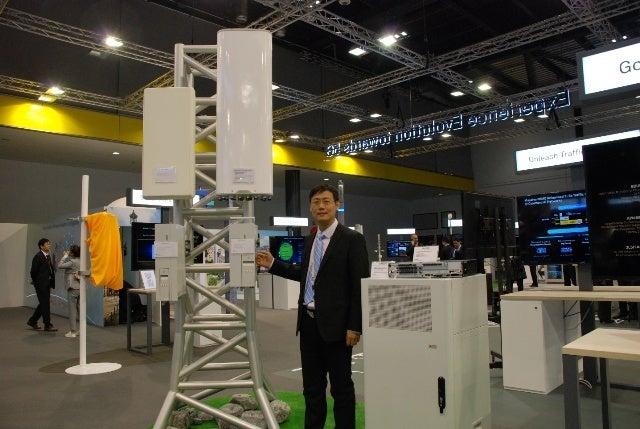
Huawei is the global leader in delivering 5G commercial networking equipment
The U.S. has tried mightily to replace Huawei's gear in 5G networks but it turns out that the company is one to one and a half years ahead of rivals like Nokia and Ericsson. And thanks to its connections with the Bank of China, Huawei is able to provide generous financing terms to its customers. Now Reuters is reporting that the Commerce Department is about to sign off on a new rule that-get this folks-would allow U.S. companies to work with Huawei to create standards for the next generation of 5G networks. The rule will allow U.S. companies to participate in standards bodies that Huawei is also a member of. These meetings decide the specs and protocols for next-generation networks so that networking equipment from different companies can work together smoothly.
After Huawei was placed on the entity list last May, U.S. tech firms were uncertain about what they could discuss in standards bodies that Huawei was sitting on. As a result, U.S. engineers were silent during these meetings thus allowing Huawei to have a stronger voice in determining standards for 5G networks. If the proposal being reviewed by the Commerce Department is approved, it will still need a green light from other U.S. agencies before it becomes official policy.
Naomi Wilson, senior director of policy for Asia at the Information Technology Industry Council (ITI), says, "As we approach the year mark, it is very much past time that this be addressed and clarified." While the Trump administration wants U.S. tech firms to be competitive with Huawei, Wilson notes that the U.S. government's strict rules on Huawei "have inadvertently caused U.S. companies to lose their seat at the table to Huawei and others on the entity list."
Since U.S. firms have been unable to work with Huawei for close to a year, government and industry officials are saying that this has put the U.S. at a disadvantage considering the Chinese manufacturer's lead in 5G technology. Last year, Trump administration officials reportedly spoke with domestic networking firms Cisco and Oracle and asked whether they would be willing to compete with Huawei and produce 5G base stations for mobile networks. Both companies declined and told the government officials that they didn't have the time or money to enter this business line. Another idea floated by Attorney General William Barr would have the U.S. buy controlling stakes in Nokia and Ericsson. This plan was quickly shot down by White House economic adviser Lawrence Kudlow who said that the "U.S. government is not in the business of buying companies, whether they’re domestic or foreign." He also mentioned that the U.S. was looking at replacing some of Huawei's 5G networking hardware with software developed by U.S. companies like Microsoft and Dell.
An anonymous U.S. official explains the difficulties that U.S. regulatory agencies face with this issue. "International standard setting is important to the development of 5G. The discussions are about balancing that consideration with America’s national security needs."


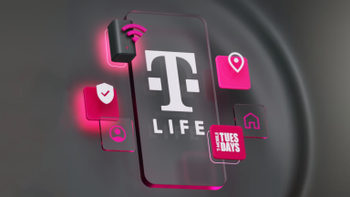
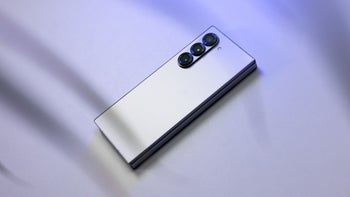
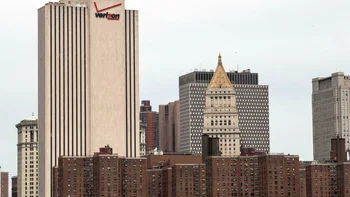
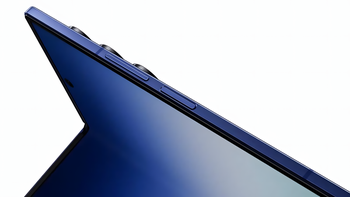


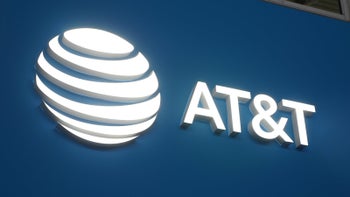


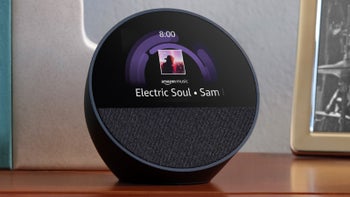

Things that are NOT allowed:
To help keep our community safe and free from spam, we apply temporary limits to newly created accounts: